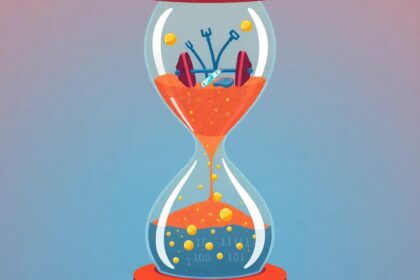The Muse headband uses EEG and fNIRS for real-time neurofeedback, enhancing meditation, focus, and sleep. Backed by Mayo Clinic research, it reduces stress and aids ADHD management through personalize...
Recent evidence shows moderate walking reduces tau buildup and inflammation, slowing Alzheimer’s progression. Epidemiological studies highlight dose-response benefits for accessible preventive h...
New AI model MFS-DLPSO-XGBoost achieves 94.1% accuracy in cardiovascular risk assessment, surpassing conventional methods. NIH funding and clinical pilots signal growing adoption amid regulatory debat...
A 2024 clinical trial shows AI-powered apps and wearable sensors reduced daily sodium consumption by 22% while increasing potassium intake, aligning with WHO’s push for digital hypertension solu...
Recent studies reveal structured walking routines with interval techniques burn 20% more fat than steady-state running while reducing joint stress, supported by wearable tech trends and updated WHO gu...
New ADA guidelines and wearable tech integrations are revolutionizing resistance training’s role in glucose control and sarcopenia prevention for 96 million US prediabetic adults. 2023 ADA stand...
Recent studies highlight how circadian misalignment and sleep fragmentation worsen insulin resistance and hunger hormone dysregulation, with low-income populations facing disproportionate metabolic ri...
Recent studies and AI innovations demonstrate yoga’s efficacy in lowering blood pressure, supported by WHO guidelines and wearable-driven data. WHO’s 2023 endorsement and tech-driven yoga ...
Cutting-edge research reveals how AI-powered mobility assessments and evidence-based stretching routines reduce chronic pain by 35% across demographics, with tech integration boosting adherence. Recen...
Exploring how timed light therapy leverages circadian rhythms to enhance skin repair, treat conditions like acne and psoriasis, and combat aging, based on recent scientific research. Discover how alig...










